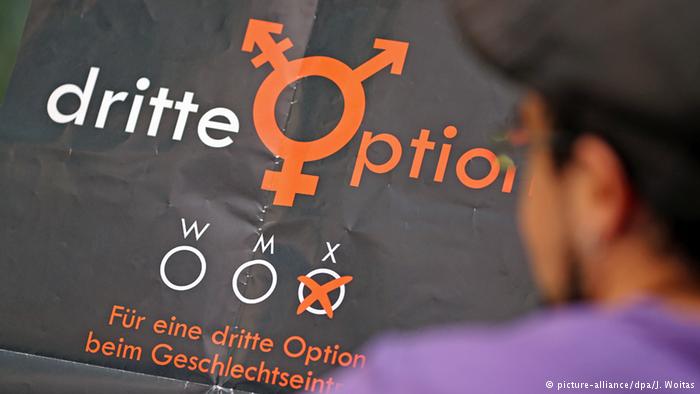Intersex people want Germany’s Federal Constitutional Court to officially allow them to use their own gender designations rather than relegating them to “male” or “female.” For them, it’s about dignity and recognition.
An estimated 80,000 people in Germany identify as intersex, meaning that they don’t display the gender traits of people generally described as “male” or “female.” Some intersex people have both testicles and ovaries; others do not produce the hormones that determine the common binary gender characteristics. Nevertheless, intersex people – who are often overlooked in broad public discussions of LGBTQI+ equality – are constantly asked which of the two genders they define themselves … continue reading






